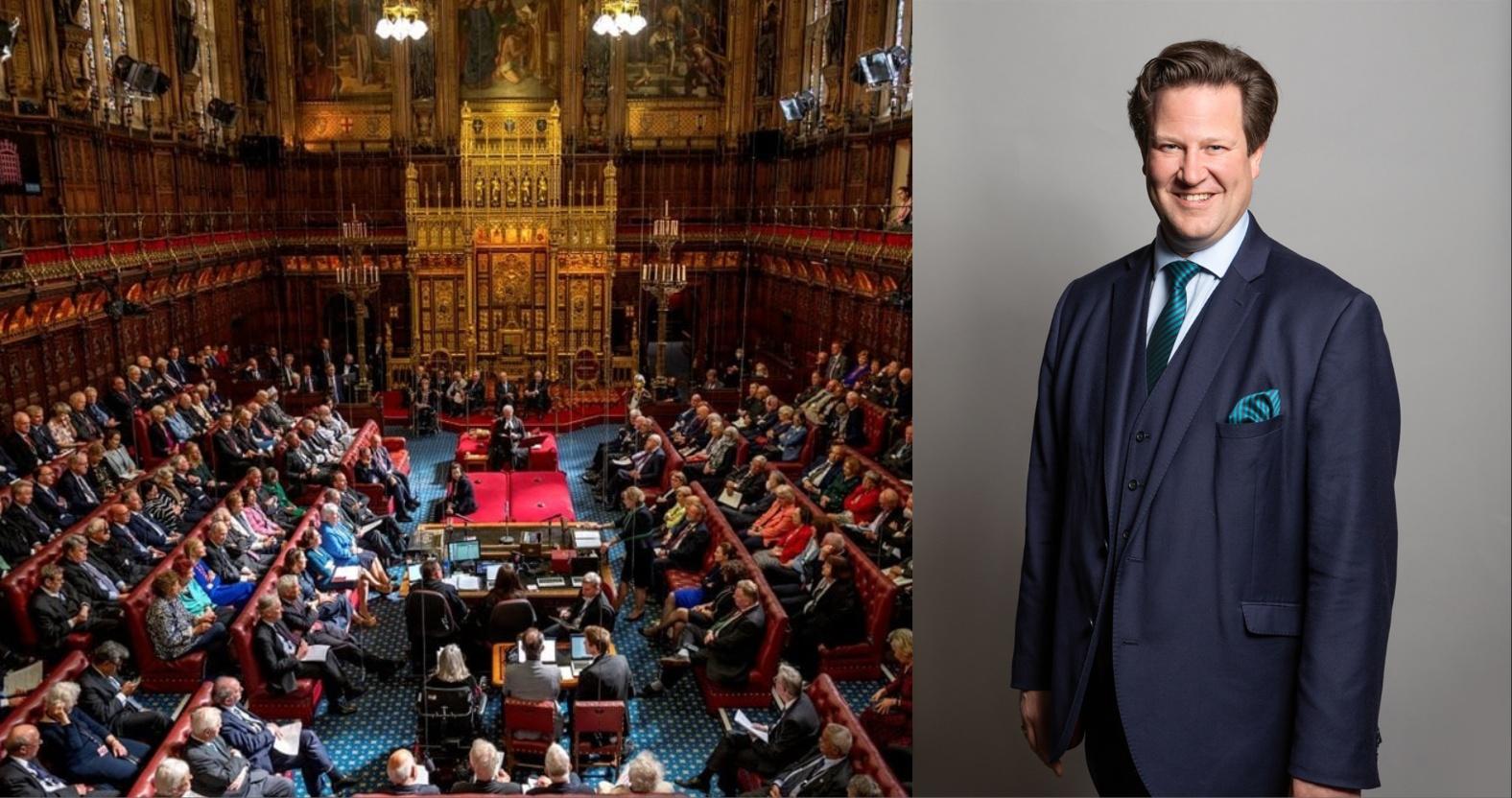Thank you for your interest in this story
To continue reading this article, subscribe to the Stray Ferret for as little as £1 a week
Already a subscriber? Log in here.
23
Oct
Local Tory MP backs plans to abolish bishops' seats in House of Lords

A Conservative MP has backed plans to scrap reserved seats for bishops in the House of Lords.
Around 800 people sit in the House of Lords, 26 of which are bishops.
The Labour government is in the early stages of passing the House of Lords (Hereditary Peers) Bill, which would see all 92 hereditary peers abolished from the House of Lords. This would mean their seats would no longer be automatically passed down to their children.
But Sir Alec Shelbrooke, MP for Wetherby and Easingwold, yesterday shared he is backing an amendment to remove seats reserved for bishops.
Currently, there is no standalone legislation to abolish bishops' seats from the House of Lords. However, a reasoned amendment to the House of Lords (Hereditary Peers) Bill, seeking the change, was debated in Parliament on Monday.
If an MP wishes to record their reasons for objecting to the second reading of a bill, they table what is known as a reasoned amendment. It was this amendment that Sir Alec voted in favour of.
Sir Alec said on social media the laws should be shaped by elected representatives, not “reserved for clergy”. He added:
Only Iran shares this outdated system. It’s time for reform that reflects modern Britain.
The Stray Ferret approached Sir Alec for comment on the proposed House of Lords reform, and asked if he also supports plans to abolish hereditary peers.
He said:
I’d hazard a guess that all 650 MPs believe there should be reform of the House of Lords, but there will be 650 suggested ways to do it.
On a point of principle, I’ve long argued that there should be no reserved seats for bishops in the Lords; the only other country to have religious clerics in its legislature is Iran.
Personally, I’d like to see full reform of the upper chamber, with a mix of life peers by appointment and proportional representation used to elect members for a time-limited period between elections, in order to carry out its work as a revising chamber. The proposed government reform is half-hearted.
Members of the House of Lords are called peers. Like MPs, they scrutinise legislation and challenge the government, but they are not elected into the role.
There are currently three ways of becoming a peer. Hereditary peers inherit peerage from their parents, while people who hold certain job roles, like bishops, automatically reserve a seat.
Most peers are appointed by the monarch after being recommended by the Prime Minister.
The House of Lords (Hereditary Peers) Bill completed its second reading in the House of Commons last week and is set for the committee stage.
0